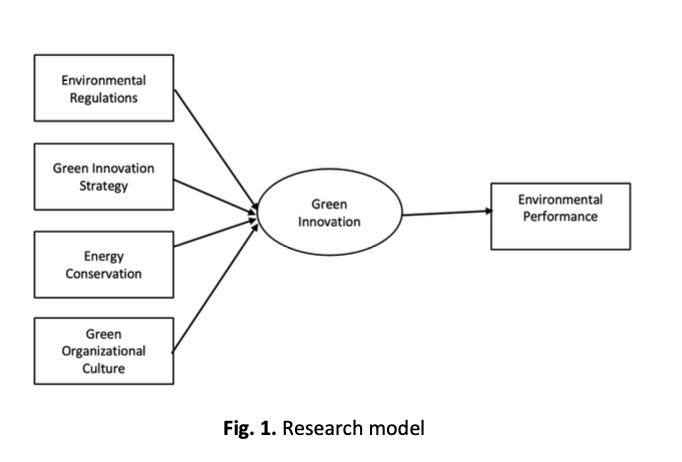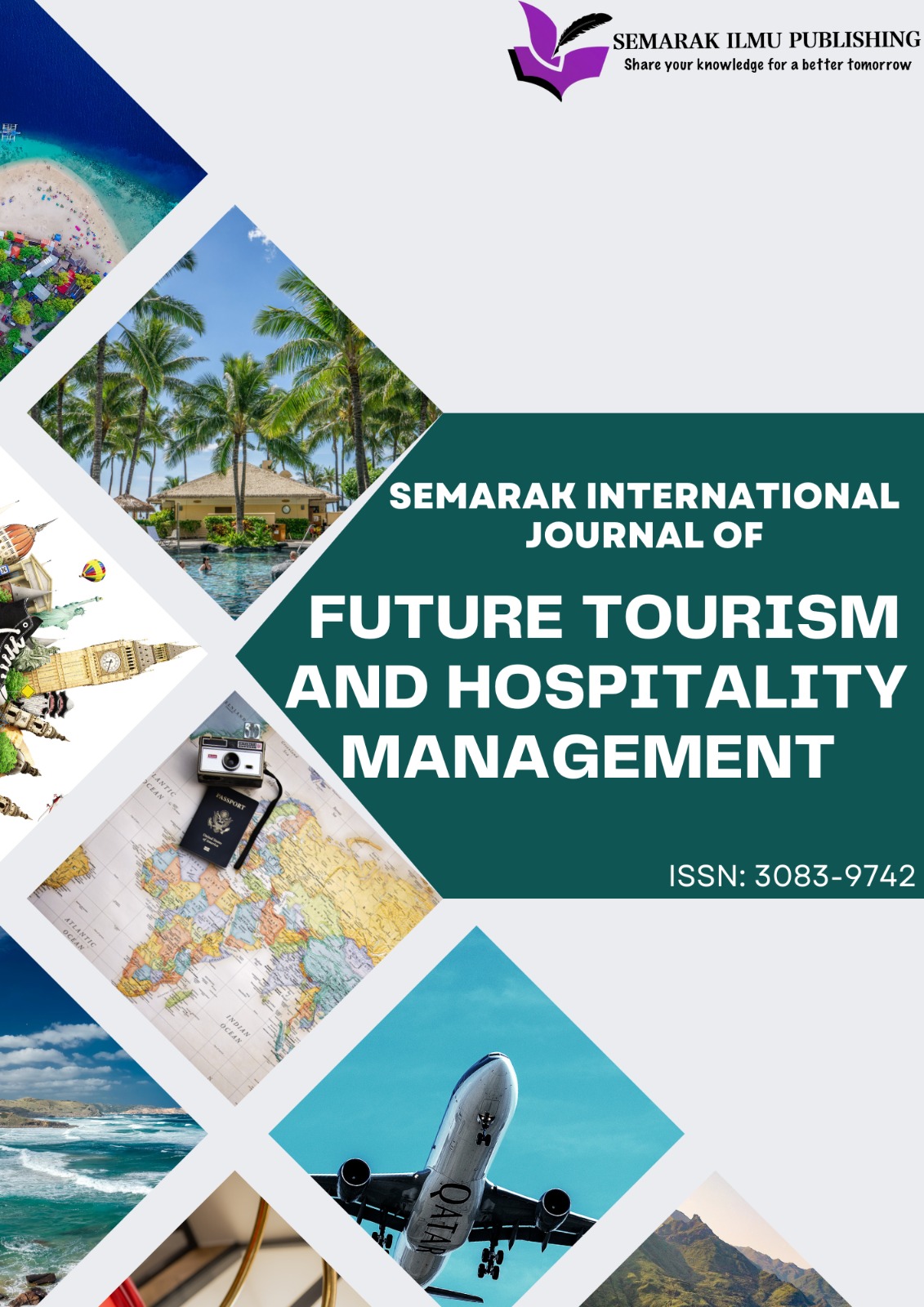Leading Green Innovation to Enhance the Environmental Performance of Malaysian Hotels
DOI:
https://doi.org/10.37934/sijfthm.2.1.7189Keywords:
Green innovation, environmental performance, sustainability, hotel industry, MaGreen innovation, MalaysiaAbstract
This research aims to explore the factors affecting green innovation and their consequent influence on environmental performance within the hotel industry context, focusing on Kuala Lumpur, Malaysia. Employing a quantitative, cross-sectional research design, structured questionnaires were utilized to collect primary data. Analysis was conducted using AMOS software, incorporating exploratory factor analysis (EFA) to refine the measurement model, and confirmatory factor analysis (CFA) to validate and assess model fitness. Structural equation modeling (SEM) was employed to test hypotheses. Results reveal that green organizational culture, strategies, energy conservation practices, and environmental regulations are significant factors influencing the adoption of green innovation within hotels. Additionally, the study demonstrates a positive correlation between green innovation and hotel environmental performance. Notably, this research is constrained to hotels within Kuala Lumpur, Malaysia, suggesting a need for broader geographical and cultural diversity in future investigations. Furthermore, while the focus is on the hotel industry, there is potential for extending this inquiry to other sectors. This study addresses a gap in current literature by specifically examining green innovation within the hotel industry, offering insights into its impact on environmental sustainability. It underscores the importance of understanding the interplay between green practices and environmental performance in fostering sustainable tourism practices. This research lays the groundwork for further exploration into the dynamics of green innovation and its implications for environmental stewardship in hospitality contexts.









